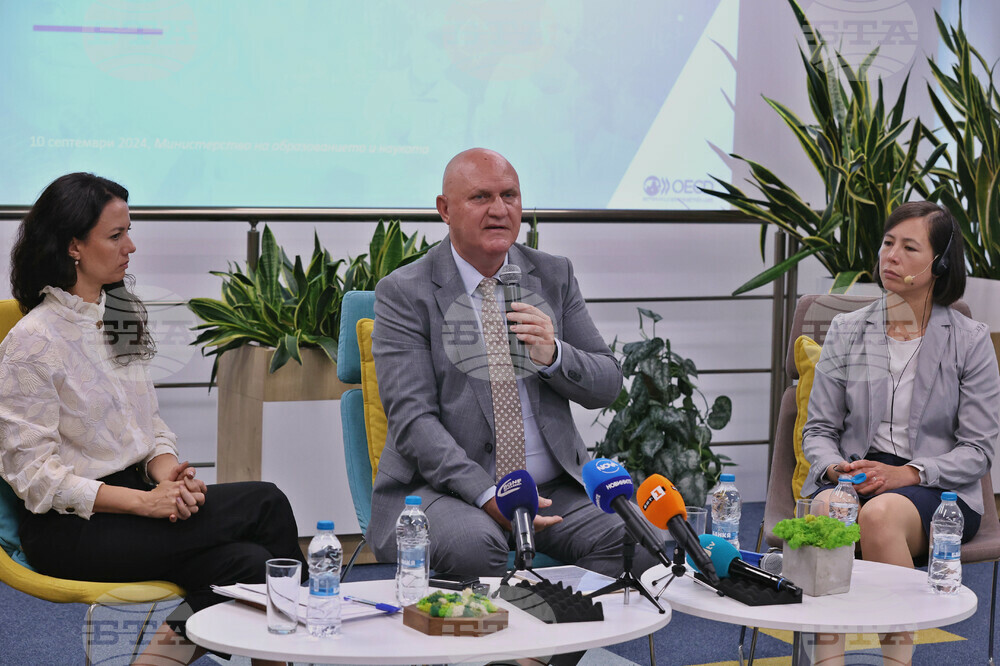site.btaBulgaria among States with Biggest Increase in Education Spending, Teacher Salaries in Recent Years


Bulgaria is one of the countries with the biggest increase in education spending and teacher salaries in recent years, according to data from the Organisation for Economic Co-operation and Development's (OECD) global survey Education Policy Outlook, which was presented on Tuesday, the Ministry of Education's press service said. Between 2015 and 2021, the share of gross domestic product that Bulgaria spent on education increased from 3% to 3.5%.
"Significantly, starting salaries for Bulgarian teachers are already higher than in Poland, Slovakia and Latvia, and are similar in Czechia," Education Minister Galin Tsokov noted.
The study points out that the share of teachers aged over 50 remains high (48%), which is one of the challenges for the Bulgarian education system as well as for other OECD countries. At the same time, however, Bulgaria is also one of the countries with the largest increase in the proportion of young teachers under the age of 30. The pay rise is only one of the factors for this, Tsokov said.
Another positive trend covered in the survey is the increase in the number of people in Bulgaria who complete secondary education. The share of people in the 25-34 age group who have not completed high school has decreased by 3% between 2016 and 2023. In 2023 it was 14% - the same as the OECD average.
This is important for the subsequent realization on the labour market. According to the study, people with less than secondary education find it more difficult to find employment in the labour market in all countries. In Bulgaria, this correlation is even more evident. Less than half (47%) of people aged 25-34 without a secondary education are employed in the labour market. The OECD average is 61%. Bulgaria is also one of the countries with the lowest proportion of adults taking additional courses and qualifications after they have graduated.
The study also recognizes the strong influence of the family environment on children's education. Some 80% of people aged 25-64 in Bulgaria who have at least one parent with a university degree have also completed higher education. In OECD countries this share is 72% on average. At the same time, only 5% of 25-64-year-olds with parents without a high school diploma have completed higher education (compared to an OECD average of 19%).
/RY/
news.modal.header
news.modal.text